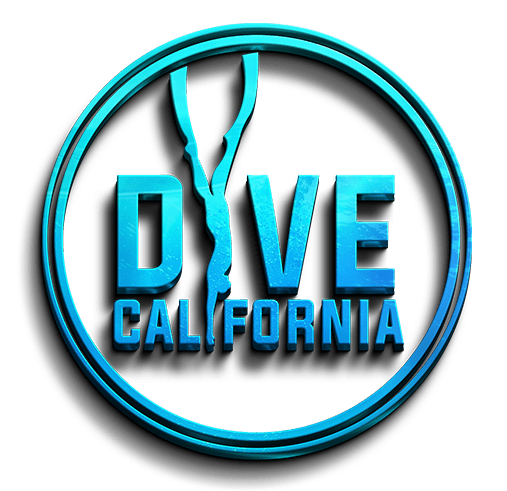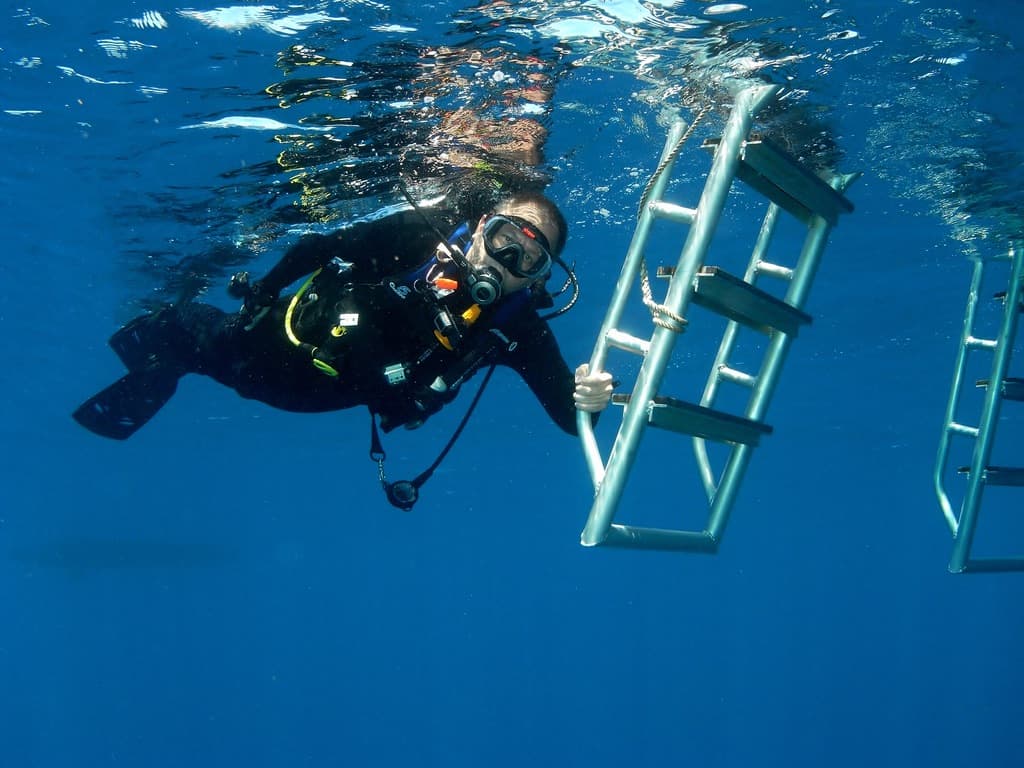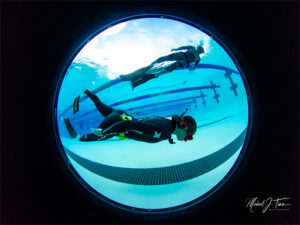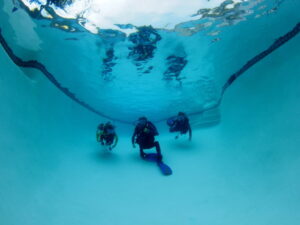Scuba Diving Tips for Beginners
Congratulations on earning your Open Water certification! Now you’re ready to embark on a lifetime of underwater adventures.
There’s no more exciting time than when you’re a freshly-minted scuba diver! But it’s also perfectly natural to feel lost.
You might not have any scuba gear or buddies to go diving with. Perhaps you’re not even sure where to go diving or how to book your own dive trip.
That’s okay! Here are a few tips and strategies that will help you get your dive adventures started.
Go Diving ASAP, and Often
After you complete your Open Water course, you should go diving as soon as possible.
Many of your scuba skills depend on muscle memory. The best thing you can do as a newly-certified diver is to go diving soon and often so you can improve and refine your muscle memory.
The Open Water course also taught you some fairly technical information, like how to use a dive computer or how to make sure you don’t exceed your No-Deco limits. All that information will be much more fresh in your mind immediately following your Open Water course, so go diving before you start to forget.
Ideally, you should go diving within 4 weeks of completing your Open Water course.
Remember: if you go 6 months without scuba diving, many dive centers will require you to take a Refresher Course in order to go diving with them. Avoid the refresher course and go diving as often as you can.
[And why wouldn’t you? Diving is fun!]
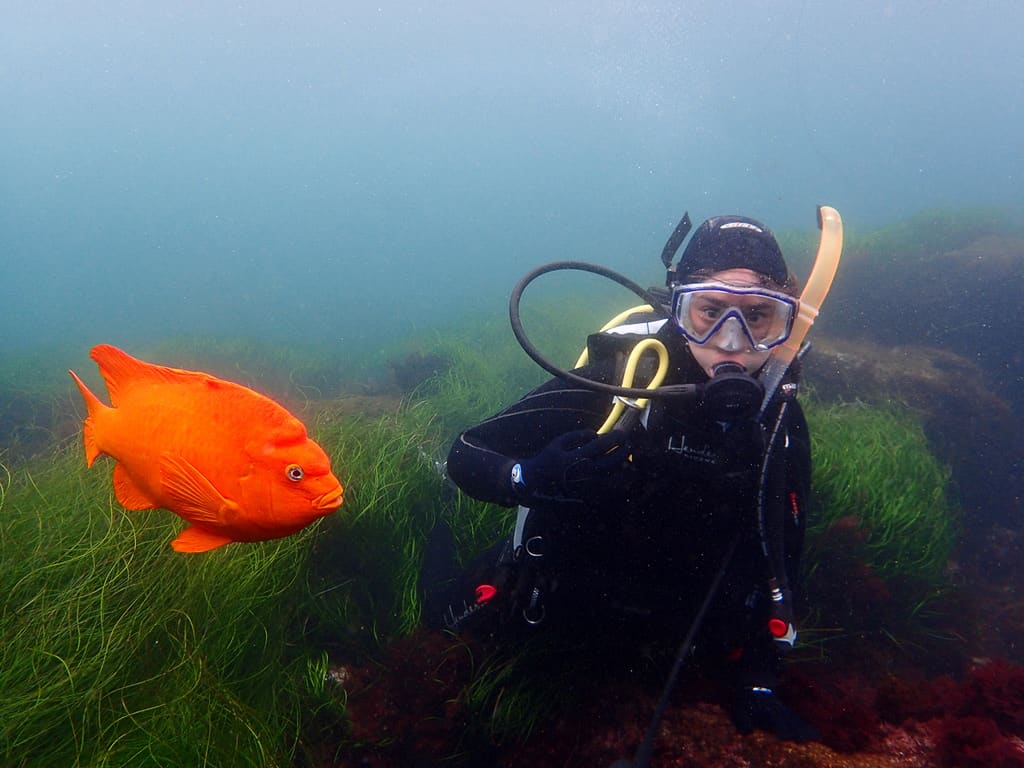
Do Guided Dives
A guided dive is any dive that’s led by a trained divemaster or dive guide. The divemaster will give you a tour of a dive site from either a boat or the shore.
Before the dive, the divemaster will give you a dive site briefing that explains:
- Local Marine Life: The divemaster will explain the different types of marine life that you’ll find at the dive site.
- Underwater Conditions: The divemaster will tell you how to navigate the dive site’s unique underwater conditions, such as current, surge, or swim-throughs.
- Dive Site Orientation: The divemaster will explain how the layout of the dive site, entry and exit points, and when the dive will be turned.
A good divemaster knows the dive site like the back of his / her hand. They’ll know where to locate certain types of animals, and can point out unique features or marine life that you might otherwise miss.
Guided dives are invaluable for beginning scuba divers because:
- You Don’t Have to Navigate: When you’re a newly certified scuba diver, it’s best to focus on your fundamental skills like buoyancy, finning, and breathing. Navigation is a more complex topic that can be difficult for beginning divers. Better to let a divemaster handle the compass. Focus on building your core skills and having a great time.
- You’ll Try New Gear: Scuba gear is expensive. Before you drop loads of money buying your own gear, it’s helpful to sample different types of equipment to figure out what you like and don’t like. Many guided dives will provide you with rental gear, which gives you an opportunity to try different brands and styles.
- It’s Safer: If you’re diving in a new location, it’s best to dive with a guide who’s knowledgeable about the local dive sites, water conditions, and things to watch out for.
Your dive guide can also give you tips on how to improve your diving.
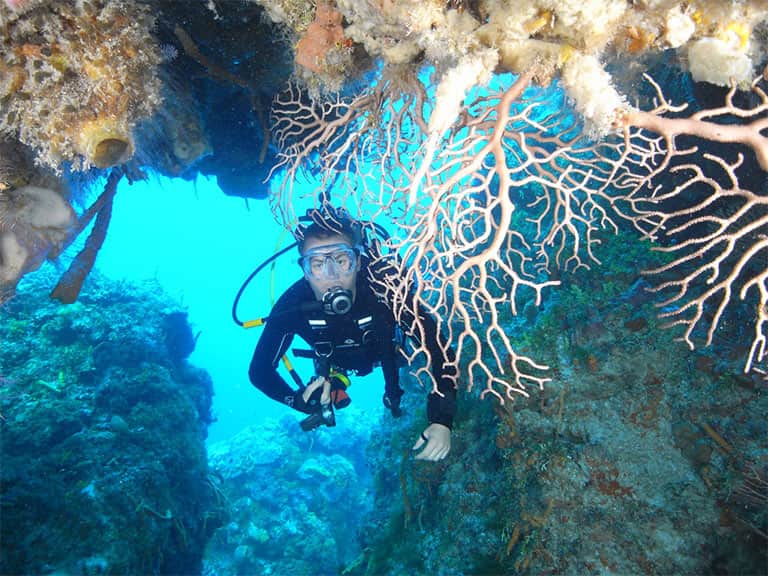
Take a Dive Trip
The best thing you can do after you finish your Open Water certification is to take a dive trip. Go on vacation to a scuba diving hotspot and spend a week or two putting your new skills to the test.
There are some parts of the world that are renowned for scuba diving, and these places often have dive resorts. A dive resort is a hotel that caters to divers.
Dive resorts are usually situated on the beach or water, so dive boats can pick you up straight from the hotel. Sometimes, the dive resort may run its own in-house dive operation. In most places, the dive resort is partnered with a local dive shop.
Dive resorts offer a variety of packages that include diving fees and equipment rentals, and may even arrange transportation from the airport in which you’ll be landing.
But you don’t have to go very far to take a dive trip. If you’re on a budget, you might consider taking a short weekend trip (for example, San Diego divers often take weekend trips to the Channel Islands). You could also take a short staycation and spend a couple days diving in your local area. If you live by the water, be sure to show some love for your hometown diving!
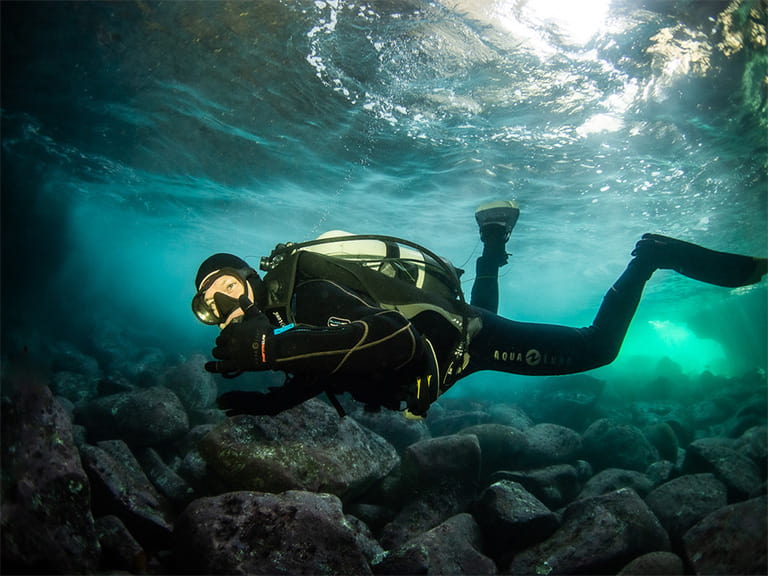
Start Investing in Your Own Gear
Having your own scuba gear is helpful for a few reasons:
- Comfort: You’ll be a lot more comfortable in the water when you have gear that fits you well. [This is especially true for masks and wetsuits.]
- Better Diving: Diving is easier, safer, and more fun when you’re familiar with the feel and configuration of your equipment.
- Saving Money: Rental gear costs money! Over the long-run, you’ll save lots of money in rental fees by using your own scuba equipment.
Which gear should you buy first?
The very first piece of gear you should buy is a mask and snorkel. If you haven’t started your Open Water course, consider buying your mask beforehand.
Masks fit everyone a little differently. A poorly fitted mask will leak or cause aches / irritation. Your local dive shop will be able to help you find a mask that fits you perfectly.
You should also consider buying your own dive computer. As you learned in the Open Water course, using your dive computer is essential to safe diving. The problem with rental dive computers is that you might not have the opportunity to get familiar with their buttons and display before you get into the water, which makes them useless to you.
Purchase your own dive computer so you can familiarize yourself with its functions and the information it’s providing you. You don’t need to buy a super-fancy dive computer that costs thousands of dollars. For most beginning (and even advanced) scuba divers, a beginner-friendly dive computer will provide all the functionality you need, and should cost between $250 and $500.
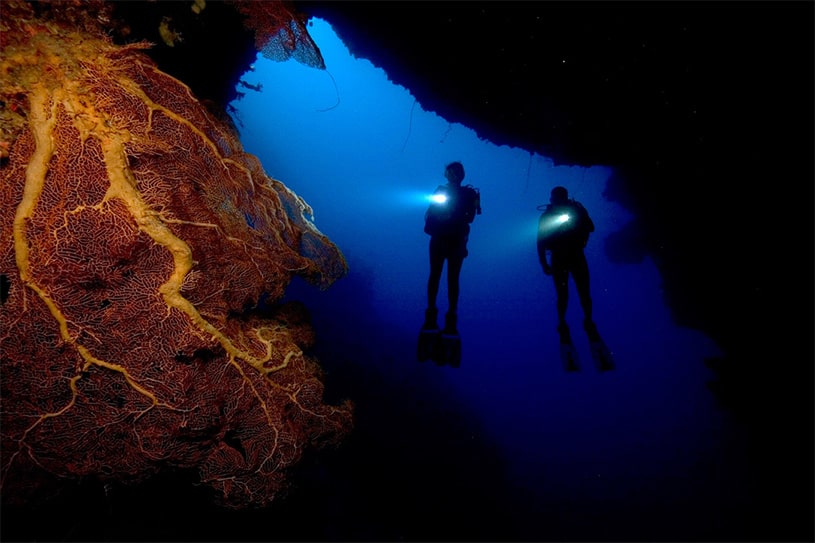
Take Names, Get Numbers
Scuba diving is a social sport! Step out of your bubble and make friends with the people you dive with. Exchange phone numbers, follow each other on Instagram, and email each other the photos you took on the dive. You’ll find that scuba divers are a friendly bunch who are social as sea lions!
At some point, you may discover what it’s like to have a poor dive buddy. Most of the time, this happens when you’re paired up with a random stranger on the dive boat. Sometimes, these strangers are inattentive or unsafe, or maybe they don’t jive well with your personality.
It’s always better to dive with someone you know, trust, and have fun with. So if you have a good experience diving with someone, be sure to stay in touch with them so you can be dive buddies again in the future.
Don’t Forget to Log Your Dives
When you’re just getting started in scuba diving, it may take some trial and error to figure out how much weight you need in different types of scenarios. A log book is a great way to help you keep track of that kind of information. Plus, it’s a fun way to remember your dive adventures.
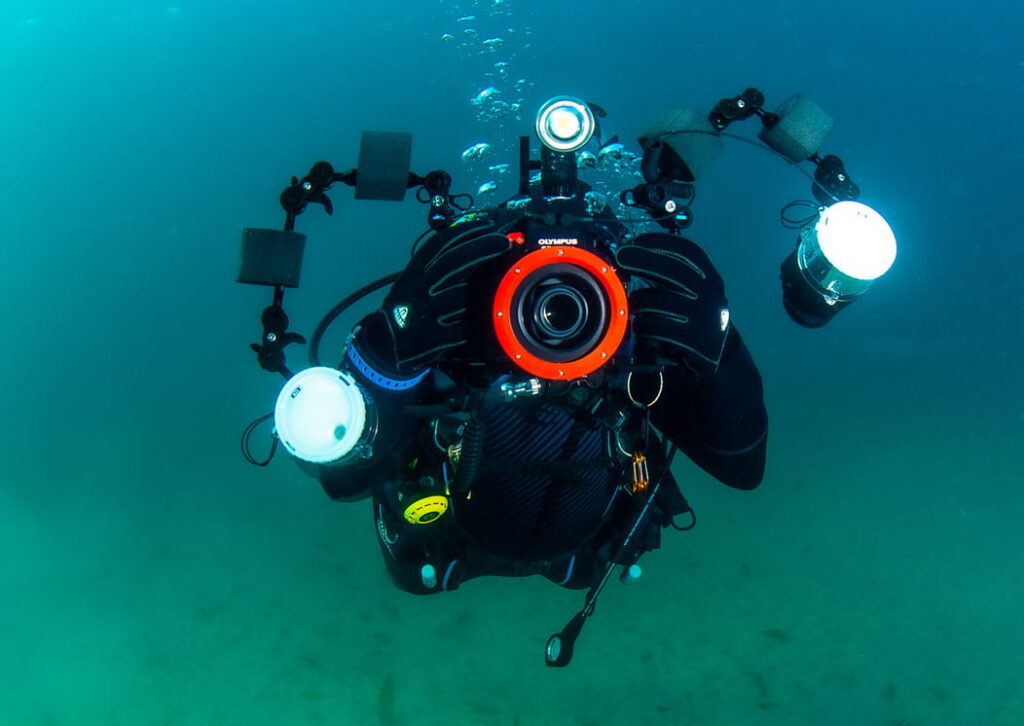
Consider Taking More Courses
At some point you may want to consider taking your Advanced Open Water Diver course (some training agencies call it the “Advanced Adventurer” course, or something similar). This course will teach you new gear configurations and diving styles, and will certify you to dive to a depth of 100 feet (30 meters).
While you can technically start this course as soon as you earn your Open Water certification, it’s highly recommended you log a minimum of 25 to 30 dives before you tackle the advanced certification.
Although your Open Water course might be over, your scuba education never really ends. Some skills, like buoyancy, will be something that you’re constantly improving over time.
You’ll also gain valuable experience by diving at a variety of dive sites and trying out new types of gear. Push yourself to get out and dive as often as possible, in as many different places as you can!
